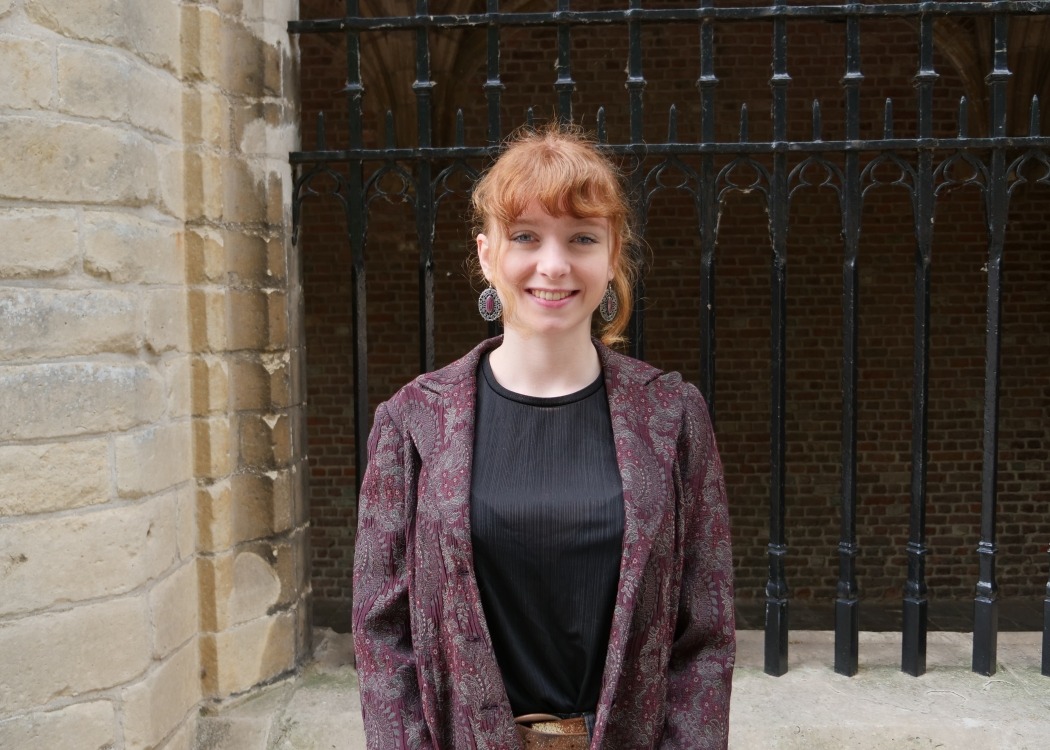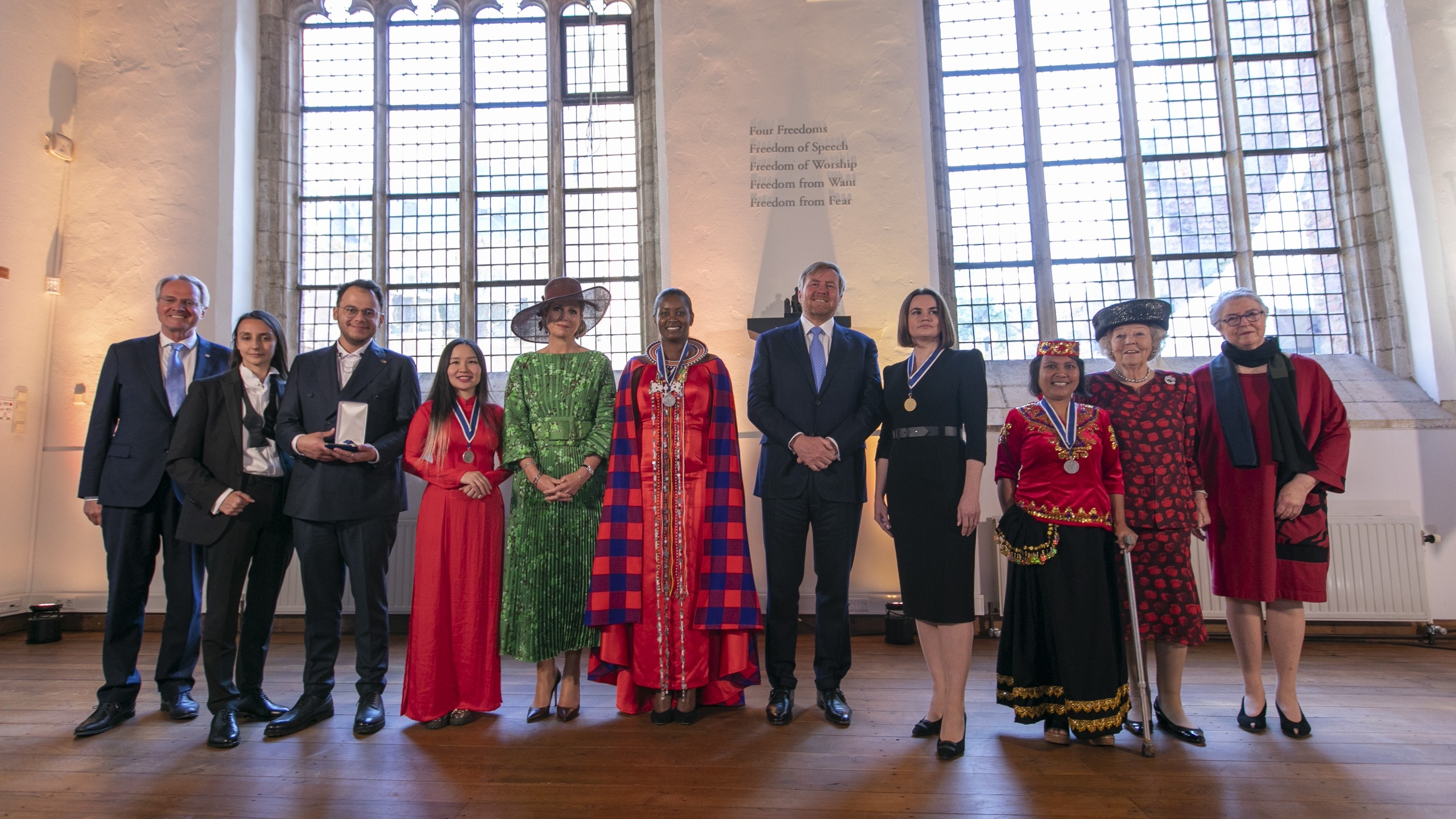Anyone can nominate a laureate for a Four Freedoms Award. For a suitable nomination, you need to describe the work of the candidate laureate and you need to motivate why this person or organization should receive an award.
Anyone can nominate for a Four Freedoms Award. For a suitable nomination, it is important that the merits of the nominated person or organization in the field of (one of) the Four Freedoms are demonstrated. The names of the nominated persons or organizations will not be made public.
An agreement has been made with the Roosevelt Institute in New York, which organizes the presentation of the Four Freedoms Awards in New York in odd years, that the board of the Roosevelt Foundation will in principle only select non-Americans for the purposes of the awards. in Middelburg, which take place in even years. Conversely, in odd years in New York, in principle, only American laureates are honored.
Selection process
The board of the Roosevelt Foundation is responsible for the selection of the candidates and the choice of the Four Freedoms Awards laureates of the Four Freedoms Awards in Middelburg. The board consists of at least three and at most nine members, who are appointed by the board itself, and is chaired by the King's Commissioner in Zeeland.
The planning of the selection process goes as follows:
|
May: |
discussion of the names already submitted (longlist) |
|
August: |
|
|
October/ |
final laureate selection by the Roosevelt Foundation board. The decision of the board is final and no appeal is possible. The board strives for unanimity in this regard. If unanimity is not possible, a decision on the choice of laureates can also be taken by majority vote. |
|
April/May: |
presentation of the Four Freedoms Awards in Middelburg |
In its selection, the board of the Roosevelt Foundation is advised by its regular advisers. These are the Secretary-General of the Ministry of Foreign Affairs, the Secretary-General of the Ministry of Security and Justice and the Director of the Cabinet of the King. In addition to these permanent advisors, the board may appoint a maximum of three external advisors.
Nomination
Nominations for a Four Freedoms Award must include:
- The name of the candidate. This can be a person or an organization;
- A substantiation of why the candidate in question is eligible for a Four Freedoms Award according to the person making the nomination;
- The contact details of the person making the nomination.
Nomination of laureates Four Freedoms Awards
Youth Advisor Ploen Mevis
Ploen Mevis is Youth Advisor for the Roosevelt Foundation. Together with a number of fellow students from University College Roosevelt, she nominates laureates who they think deserve one of the awards.

Ploen studies law at University College Roosevelt. “In my studies I specialize in human rights. For example, I have already given guest lectures on human rights at schools”. The call for Youth Advisor at the Roosevelt Foundation was shared among the students at her university. “When I saw the call, I thought yes, this is really something for me,” says Ploen.
Together with a number of fellow students, Ploen is nominating a number of laureates for a Four Freedoms Award. “I do this together with a team of 5 students. We all come from different parts of the world, like Asia, Europe, but also South America. This is how we try to map out what is going on in the world”.
The team of students led by Ploen would like to put a spotlight on the underexposed by nominating them. “The themes we as students find important are still not reflected enough at the Four Freedoms Awards. Consider, for example, the situation of Muslims in India, the refugee crisis in the Mediterranean or a critical view of Western European countries.”
By highlighting themes that appeal to students, the team tries to achieve a goal. “We want to inspire young people. We want to show that bringing change is something easily accessible. You can do so much through art and music or, for example, in your own sports club.”

